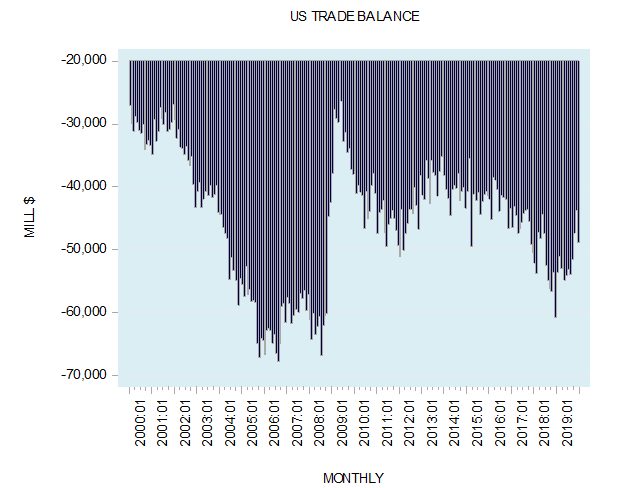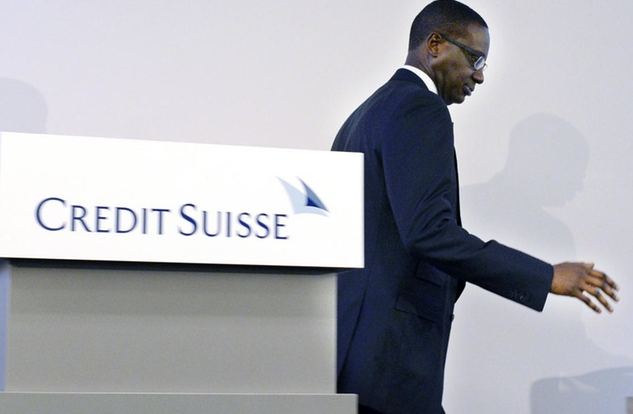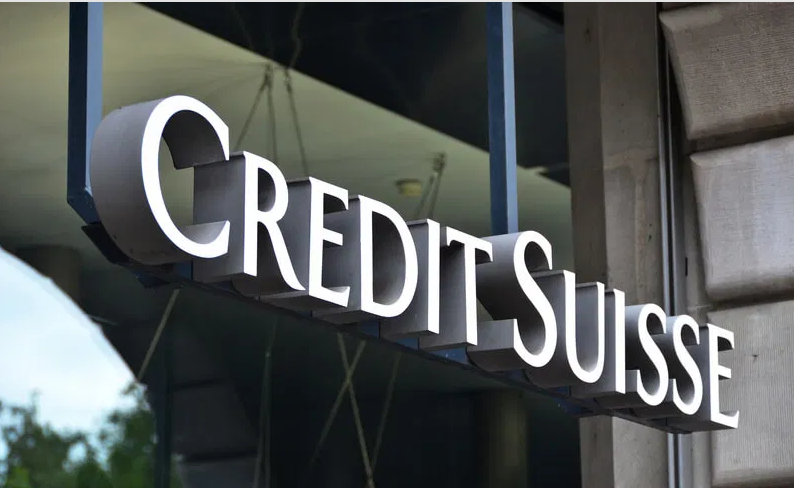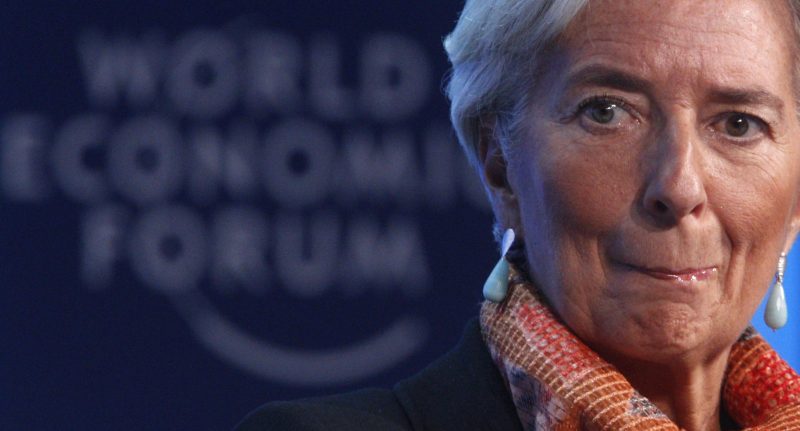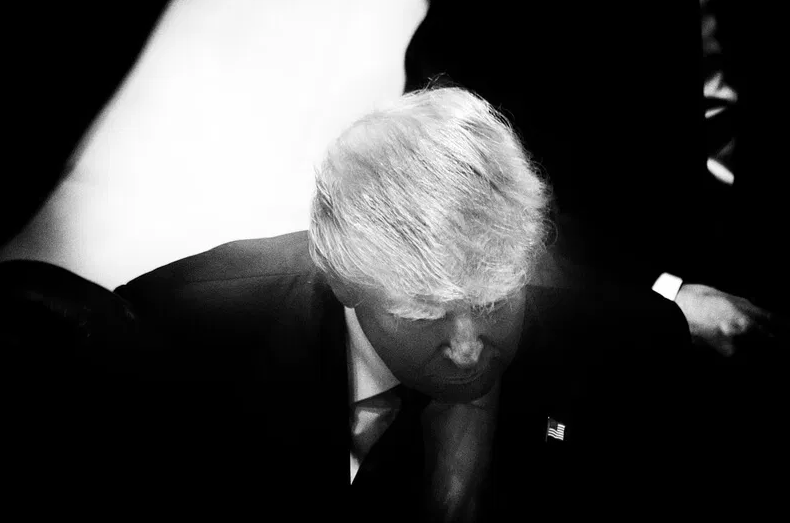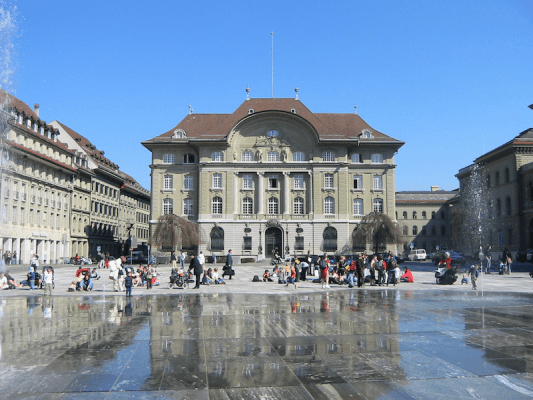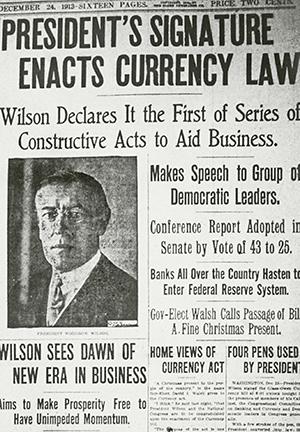Found 1,381 search results for keyword: label
Government “Fixes” for the Trade Balance Are Far Worse Than Any Trade Deficit
In December 2019, the US trade account balance stood at a deficit of $48.9 billion, against a deficit of $43.7 billion in November and $60.8 billion in December 2018.
Most commentators consider the trade account balance the single most important piece of information about the health of the economy. According to the widely accepted view, a surplus on the trade account is considered a positive development while a deficit is perceived negatively....
Read More »
Read More »
Small Countries Are Better: They’re Often Richer and Safer Than Big Countries
In the wake of the Brexit vote, Scottish nationalists have renewed their calls for a new referendum on Scottish independence. But many remain unconvinced, and many claim Scotland is "too small" to be an independent country. Others claim that Scotland is too poor, since Scotland's GDP per capita is only 90 percent that of England.
Read More »
Read More »
The Economy Is Not a Factory—Nor Should We Try to Make It One
A common issue with economists and political economists from left to right is that they misunderstand the market economy as simply being a set of production processes. We see this in Lenin’s statement that the Soviet Union should be run like one big factory. We see it in market socialists from Frederic Taylor to Oskar Lange attempting to respond to (and resolve) Mises’s argument that socialist economic calculation is impossible.
Read More »
Read More »
The Fight for Liberty and the Beltway Barbarians
In the conservative and libertarian movements there have been two major forms of surrender, of abandonment of the cause. The most common and most glaringly obvious form is one we are all too familiar with: the sellout. The young libertarian or conservative arrives in Washington, at some think-tank or in Congress or as an administrative aide, ready and eager to do battle, to roll back the State in service to his cherished radical cause.
Read More »
Read More »
Credit Suisse falls back on Swiss roots to restore order
Credit Suisse’s board has defied the wishes of several major shareholders with the surprise axing of chief executive Tidjane Thiam. He has been replaced with Swiss national, and current head of the bank’s domestic operations, Thomas Gottstein.
Read More »
Read More »
Should Swiss watchmakers join forces to stay globally competitive?
As Baselworld continues to face difficulties, the Swiss watch-making industry needs a new platform to showcase its know-how. With watchmakers going it alone with separate initiatives, one industry expert is pushing for a more collaborative effort to keep the industry thriving.
Read More »
Read More »
Philip Morris International to axe jobs in Switzerland
The tobacco company Philip Morris International (PMI) has unveiled plans to cut jobs at its sites in Lausanne and Neuchâtel. A total of around 265 jobs are likely to go. Most of them will be transferred to the UK, Portugal and Poland. The company has opened formal processes in both cantons and those affected will be informed between now and the end of March 2020, it said.
Read More »
Read More »
Do People Really Seek to Maximize Profit?
[This article is excerpted from chapter 14 of Human Action.] It is generally believed that economists, in dealing with the problems of a market economy, are quite unrealistic in assuming that all men are always eager to gain the highest attainable advantage. They construct, it is said, the image of a perfectly selfish and rationalistic being for whom nothing counts but profit.
Read More »
Read More »
Poverty rate falls slightly in Switzerland
In 2018, the percentage of the population in Switzerland living below the poverty line fell from 8.2% (2017) to 7.9%, returning to the same level as it was in 2010. Most affected by poverty were those aged under 18 (9.6%) and those aged over 64 (13.7%).
Read More »
Read More »
Credit Suisse accused of spying on Greenpeace
According to SonntagsZeitung, the bank Credit Suisse has been spying on Greenpeace. Nearly three years ago, the environmental organisation thwarted security and disrupted the bank’s general assembly with a stunt aimed at shaming Credit Suisse for financing Energy Transfer, a company involved in the construction of the controversial Dakota Access oil pipeline running through reserves in the US state of Dakota.
Read More »
Read More »
Foreign demand remains high for luxury Swiss-made watches
Swiss watch manufacturers exported timepieces worth over CHF21 billion ($21.7 billion) last year – the industry’s third-best result ever. Watchmaking is Switzerland’s third-biggest export sector after pharmaceutical and machine tools. Almost 95% of production is sold abroad, the majority to Asia.
Read More »
Read More »
What lies ahead for gold in 2020
Over the last few months, gold’s performance has been remarkable. Many market observers and mainstream analysts have pointed to various geopolitical developments in their efforts to explain away the bullishness as a reaction to whatever happens to be in the headlines at the time.
Read More »
Read More »
Sollen Zentralbanken Klimapolitik betreiben?
Warum die Forderung nach einer klimafreundlichen Anlagepolitik schwierig bis gar nicht umzusetzen ist. Aufgrund ihrer extrem expansiven Geldpolitik sind sowohl die EZB als auch andere wichtige europäische Zentralbanken wie die SNB zu Grossinvestoren auf Anleihenmärkten und teilweise auch an Börsen geworden.
Read More »
Read More »
Wdh Devisen: Euro fällt nach EZB zu Dollar und Franken
Auch zum Franken schwächte sich die Einheitswährung ab und notierte zuletzt bei 1,0707 nach 1,0733 am Morgen. Das Währungspaar USD/CHF stieg auf 0,9699 von 0,9684 Franken. SNB-Chef Thomas Jordan hatte einmal mehr seine Position zu Negativzinsen wiederholt. Diese seien in der Schweiz eine Notwendigkeit, sagte er in einem Interview mit CNBC am Rande des Weltwirtschaftsforums in Davos.
Read More »
Read More »
Why “One Man, One Vote” Doesn’t Work
The US Senate is increasingly targeted by left-wing think tanks and legislators for the fact it is based on "voter inequality." According to critics, the Senate ensures small states are "overrepresented,"and the body favors voters in smaller and more sparsely populated states. In contrast, reformers hold up the concept of "one man, one vote" as an ideal and a solution.
Read More »
Read More »
Trump should be disinvited to Davos, says St. Gallen University economist
Speaking to CNN Money, Markus Will, a senior economist at St. Gallen University, described Trump’s speech, in which he didn’t mention climate once, as a “contradiction to the values of Davos.” “It was a nationalistic, domestic, state of the union address from Davos rather than an improving of the state of the world speech which you should do in Davos”, he said, before adding, “you should disinvite him cordially for next year.
Read More »
Read More »
How Do We Calculate Value?
[From Socialism: An Economic and Sociological Analysis, by Ludwig von Mises, pp. 113–22.] All human action, so far as it is rational, appears as the exchange of one condition for another. Men apply economic goods and personal time and labour in the direction which, under the given circumstances, promises the highest degree of satisfaction, and they forego the satisfaction of lesser needs so as to satisfy the more urgent needs. This is the essence...
Read More »
Read More »
Swiss National Bank expects annual profit of 49 billion francs
According to provisional calculations, the Swiss National Bank (SNB) expects to make a profit of around CHF 49 billion in 2019. Most of this comes from the rising value of the SNB’s foreign currency positions (+CHF 40 billion) and a valuation gain on gold holdings (+CHF 6.9 billion).
Read More »
Read More »
‘Yes to an initiative promoting moderately-priced housing’
The free market in Switzerland has built housing units that remain empty because they are too expensive, or in out-of-the-way places, says Marina Carobbio Guscetti. The Social Democrat senator believes that the initiative "More affordable housing" will fix these problems. It will help the middle class and the less well-off.
Read More »
Read More »
The History and Structure of the Federal Reserve System
[This article is part of the Understanding Money Mechanics series, by Robert P. Murphy. The series will be published as a book in late 2020.] This chapter will provide a brief sketch of the historical context in which the Federal Reserve was founded, summarize some of the major changes to the Fed’s institutional structure and mandate over the years, and end with a snapshot of the Fed’s current governing structure.
Read More »
Read More »









